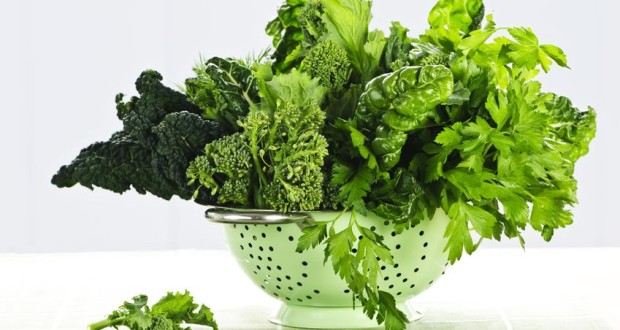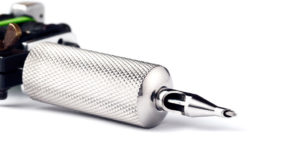Protein plays an even more important part of our daily diet as we age. As you may know, once we hit our 40s, our bodies change and some folks can see a decline of up to 1% muscle mass each year. The loss of muscle also means that our metabolism slows down, our energy levels drop, and we lose some of the strength we once had. Of course, when all this happens, we can also begin gaining weight. So, then we could have a one-two punch of losing muscle and gaining weight! Did you know that when you lose muscle it can also affect your balance and impede your recuperation time from an accident?
Gaining weight brings on its own set of health risks. Some of the best protein sources for constructive weight management include:
- Chicken and turkey breast (skinless, free range is best)
- Seafood (Deep sea, cold water fish is recommended)
- Eggs (preferably organic)
- Beans
- Lean beef
- Dairy, especially low fat or fatfree yogurt In addition, protein may slow down the aging of your skin. Make sure you also consume nuts and brightly colored vegetables so you can get adequate Vitamin A, C and essential fatty acids, too.
A Rainbow of Vegetables
As we age, our vision can wane. Two antioxidants that may help with eye health are lutein and zeaxanthin. It’s believed these antioxidants may reduce free radicals while acting as a filter to help reduce blue wavelengths of light, which is thought to induce stress in eyes and skin. Some of the best sources for lutein and zeaxanthin include:
- Corn
- Orange bell pepper
- Spinach, kale and other leafy, dark green vegetables
- Zucchini
Zeaxanthin and lycopene were examined in a new study from researchers at the University of Paris. Their results indicate that increased consumption of the carotenoids, lycopene and zeaxanthin may improve mental performance of older people. It’s important to note that zeaxanthin, is a fat-soluble nutrient so you’ll experience better absorption if you eat along with foods that contain fat. Add some walnuts to your spinach salad.
Coffee, Dark Chocolate, and Wine
Believe it or not, these three treats’ also have anti-aging health benefits.
Coffee’s health benefits are analyzed regularly. In fact, over the past two decades, coffee has been involved in nearly 20,000 studies! Although experts around the world feel more research is needed for unequivocal proof, one thing is clear: coffee has health benefits.
Most recently:
- Daily consumption of coffee may reduce chance of Parkinson’s (study conducted at VanderbiltUniversity’s Institute for Coffee Studies)
- Having six cups or more of coffee each day may reduce men’s risk of diabetes by 54% and women’s by 30% (HarvardUniversity, data analyzed over 18-years with 126,000 subjects)
There’s no clear agreement on exactly what coffee contains that provides all these benefits. In addition to caffeine, coffee has large amounts of antioxidants such as chlorogenic acid and tocopherols, and minerals such as magnesium. It also contains trigonelline which may help treat headaches, even migraines.
Dark chocolate is a favorite among many cultures and may contribute to better cardiovascular health. Most of the studies to-date highlight dark chocolate’s health values because it has the highest percentage of cocoa solids, therefore more flavanol antioxidants. Dark chocolate is known to have some of the highest Oxygen Radical Absorption Capacity (ORAC) values of many common foods. Dark chocolate could also be considered an all-natural analgesic as high-fat, chocolate foods seem to trigger the brain’s production of natural opiates. Remember though, less is more with this treat as it has a lot of calories.
Wine may help reduce the risk of heart disease, certain cancers and slow the progression of neurological degenerative disorders like Alzheimer’s and Parkinson’s disease. How? Wine contains phytochemicals such as flavanoids and resveratrol that act as strong antioxidants in your body. Red wine contains more resveratrol since it’s believed that resveratrol is derived from the grape skin, which is an important part of red wine production versus white wine production, where the skin is removed before fermentation. Like dark chocolate, the benefits of wine disappear if you consume too much. Women should limit themselves to one glass of red wine per day and men should have no more than two glasses of red wine per day.
 Natural Knowledge 24/7 Educate yourself with nutrition, health and fitness knowledge.
Natural Knowledge 24/7 Educate yourself with nutrition, health and fitness knowledge.






